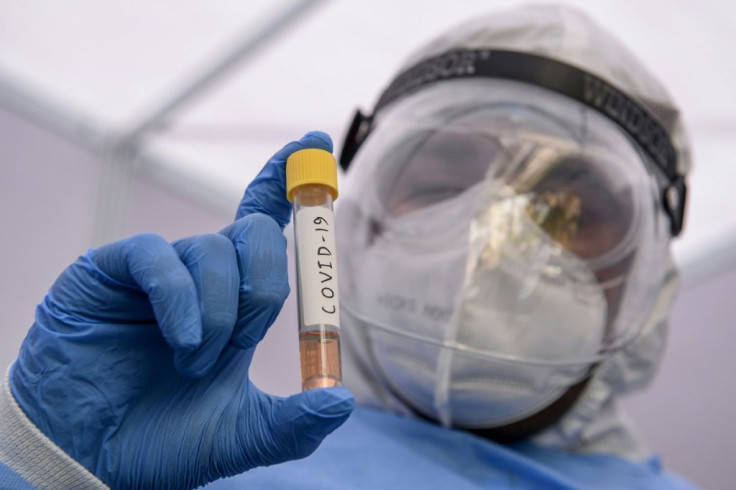India COVID Variant Now Global Concern: Strain Could Be More Deadly, More Contagious, Evade Vaccines
A COVID-19 variant, which had been first identified in October in India, raised new concerns from the World Health Organization on Monday due to preliminary studies showing it may be more transmissible than some other variants.
The variant, known as B.1.617, has been designated as a global "variant of concern" — one of four variants to earn the classification — after preliminary testing showed that it spreads easier, making it more contagious and more deadly, the WHO said in a briefing.
The WHO also indicated that there is some concern that the variant may be able to evade current vaccine effectiveness, making it a global health threat.
“The pattern now is that one person in the family gets it, the whole family seems to get it. This is unlike the first wave. And so I think what we’re seeing is more transmissible,” WHO chief scientist Dr. Soumya Swaminathan said in an interview with the Wall Street Journal.
The variant will now require additional tracking and analysis similar to those mutants identified in the U.K. (B.1.1.7), South Africa (B.1.351), and Brazil (P.1).
The impact of the B.1.617 variant comes as India suffers significantly from the virus, reaching near-record coronavirus infection daily rates and deaths.
According to data from Johns Hopkins University, India has had over 22.6 million people test positive for COVID-19 and over 246,000 people have died.
The B.1.617 variant had previously been labeled as a “variant of interest.”
“What it means for anybody at home is any of the SARS-CoV-2 viruses circulating can infect you and spread and everything in that sense is of concern,” said WHO technical lead Maria Van Kerkhove. “So, all of us at home, no matter where we live, no matter what virus is circulating, we need to make sure that we take all of the measures at hand to prevent ourselves from getting sick.”
The WHO said it will provide more information about the variant on Tuesday as well as the three sub-lineages that are derived from it.
"Even though there is increased transmissibility demonstrated by some preliminary studies, we need much more information about this virus variant and this lineage and all of the sub-lineages," Van Kerkhove said.

© Copyright IBTimes 2024. All rights reserved.




















